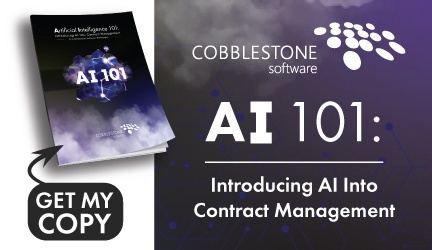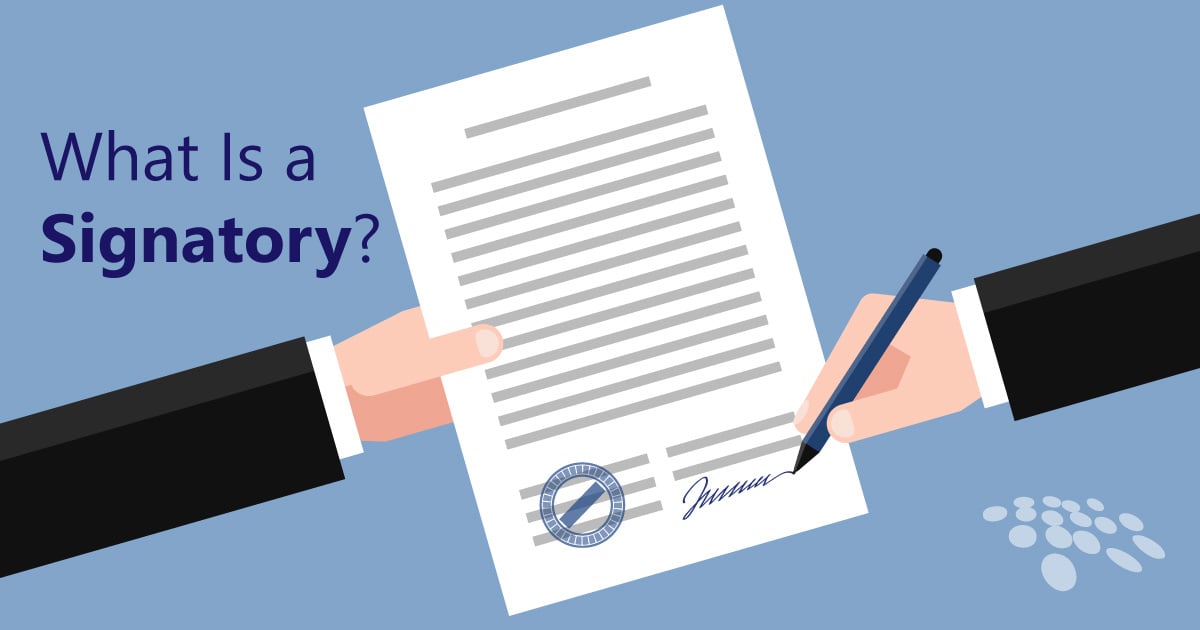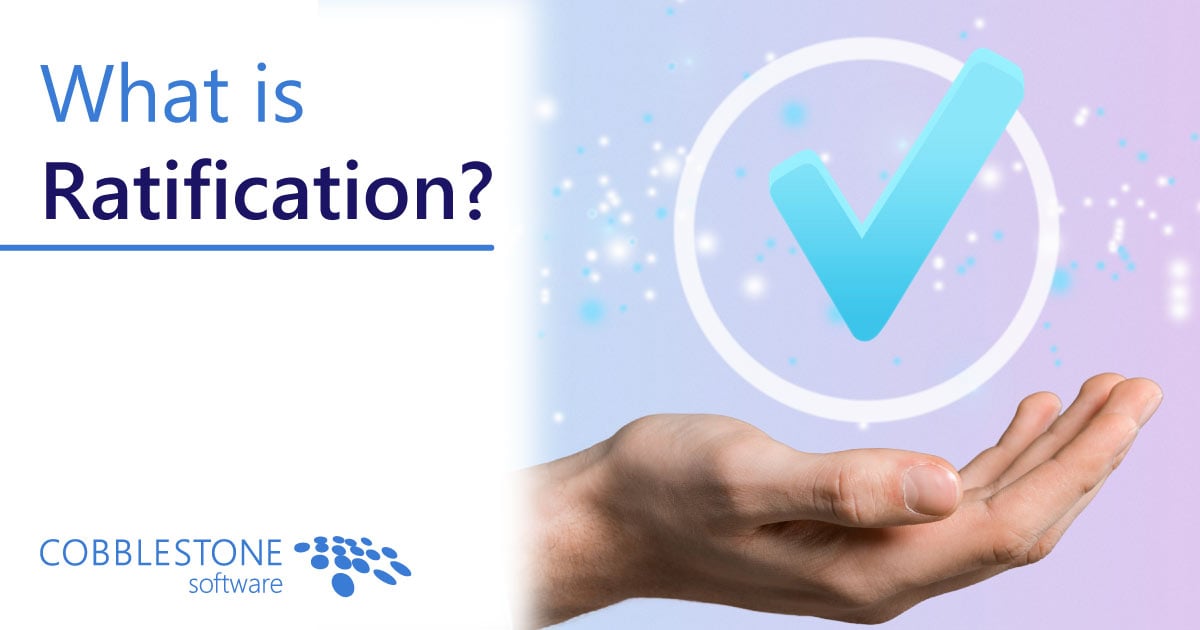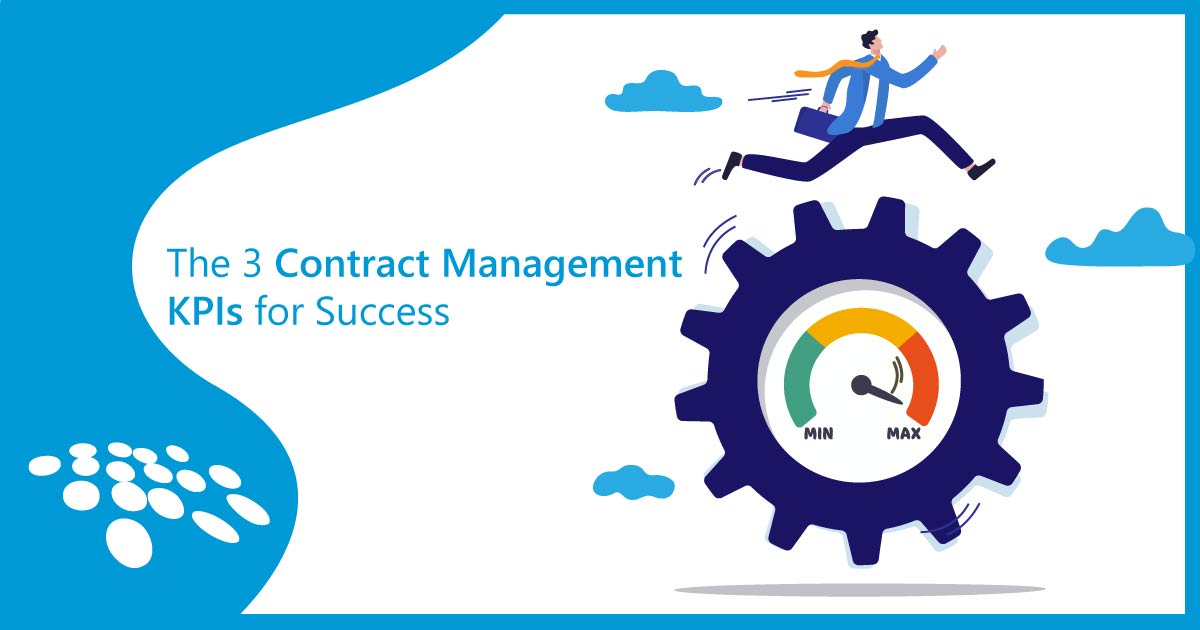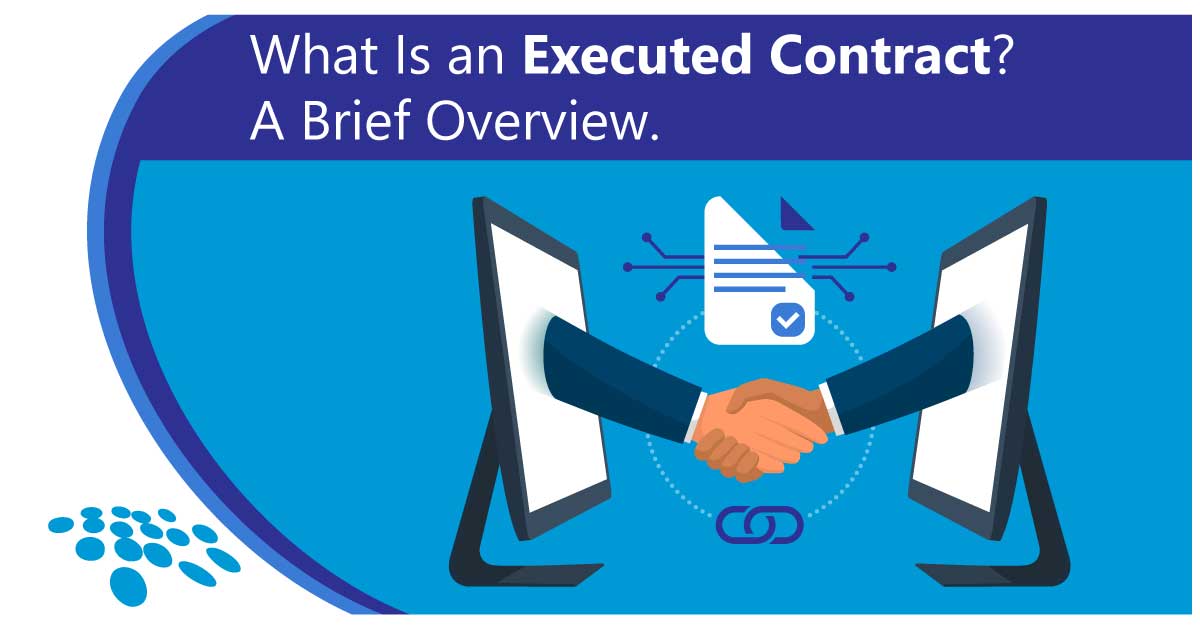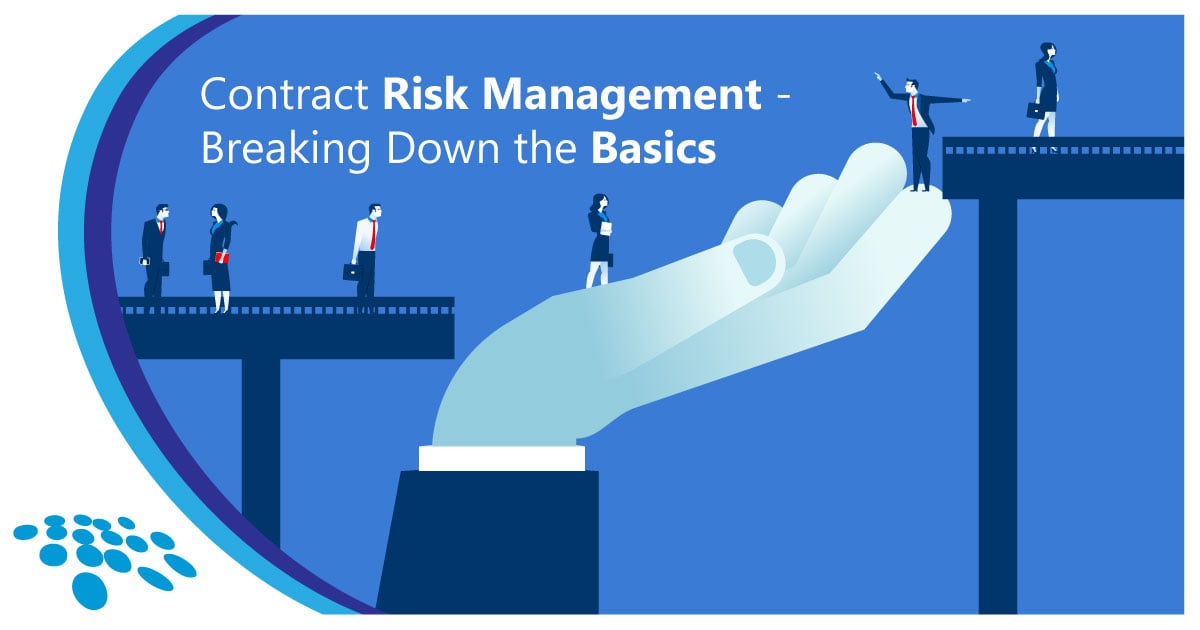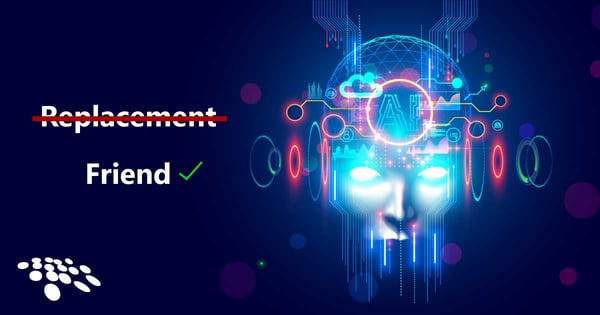
In an era where "AI is coming for lawyers," the legal community is abuzz with the question: "Will AI replace lawyers?" The integration of artificial intelligence (AI) in law and legal practice has led to a paradigm shift, raising concerns about artificial intelligence replacing lawyers. However, it's crucial to understand that AI in the legal field is not a harbinger of replacement but a catalyst for transformation. To that end, let’s talk about legal professionals, lawyers, AI, and business innovation.
The Role of AI in Law
Artificial intelligence in law, or legal artificial intelligence, refers to the use of AI technologies to enhance and streamline legal processes. The use of AI in legal services ranges from document creation and execution to visually engaging contract analytics, revolutionizing how lawyers approach their work. But can AI replace lawyers? The short answer is a definitive no. Artificial intelligence and the legal profession are not enemies. Rather, contract and law artificial intelligence are tools for the lawyer, paralegal, and other legal professionals to succeed.
Enhancing Efficiency, Not Replacing Expertise
AI and lawyers are forming a collaborative relationship, where AI takes on repetitive, time-consuming tasks, allowing lawyers to focus on more complex, strategic aspects of their work. In legal artificial intelligence, AI tools assist in clause optimization, contract review, and data organization, but they lack the nuanced understanding and ethical judgment that human lawyers provide.
To that end, proper contract lifecycle management (CLM) is impossible without a legal industry expert at the helm using contract AI systems to shred through legal documents, intellectual property matters, and other legal work.
The Myth of Lawyers Replaced by AI
The fear of "lawyers replaced by AI" is largely unfounded. AI in law practice is about augmentation, not substitution. It supports lawyers by providing quicker access to relevant information and predictive insights, but it doesn't possess the empathetic and critical reasoning skills that are essential in legal decision-making.
To that end, what if something goes awry during contract negotiation? What if this "something" is unpredictable or legally esoteric to the point that contract AI models are unprepared to deal with it? Such is just one of many reasons large language models and other contract AI tools will never replace legal professionals.
How Will AI Affect Lawyers?
AI in law and legal practice is transforming the legal landscape by:
- Increasing Efficiency: AI in the legal field automates mundane tasks like document searching and filling a contract with standard language, reducing the time spent on these activities.
- Enhancing Accuracy: Legal artificial intelligence minimizes human error in tasks like contract analysis and due diligence.
- Contract Analysis: AI in legal services offers advanced contract analytics via reports and visually engaging dashboards, helping lawyers make more informed decisions.
The Future: AI and the Legal Profession
The question, "How AI will revolutionize the practice of law?" is apt. Artificial intelligence in the legal field is not just a tool but a partner in the legal journey. The integration of AI in law practice means:
- Better Client, Partner, or Vendor Services: General counsel and other legal professionals, empowered by AI, can provide more accurate, efficient services, and cut contract negotiation timelines.
- Innovative Legal Solutions: AI in law and legal practice streamline repetitive tasks - fostering creativity and encouraging lawyers to think outside the box.
- Continual Learning: AI in the law sector is a resource for ongoing education and knowledge enhancement. Moreover, contract management AI can continuously learn from new data.
Lawyers and artificial intelligence are entering a phase of symbiosis. The AI legal field is evolving, and with it, the role of lawyers. AI in law practice is an assistant that offers a new perspective on problem-solving and strategy formulation.
Conclusion: The Future is Collaborative
The narrative of artificial intelligence lawyers taking over is a misconception. Instead, AI in law signifies a future where lawyers are more empowered, efficient, and equipped to handle the complexities of the legal world. The use of AI in legal services is not about diminishing the lawyer's role but enriching it. AI in the legal field is a testament to the resilience and adaptability of the legal profession, ensuring that while AI is indeed coming, it's arriving as an ally, not an adversary.
In order to learn more about award-winning, AI-based contract management software that legal professionals can leverage for better CLM, book a free demo of CobbleStone Contract Insight® today! This solution is built upon its proprietary artificial intelligence engine with machine learning - VISDOM® AI.
*Legal Disclaimer: This article is not legal advice. The content of this article is for general informational and educational purposes only. The information on this website may not present the most up-to-date legal information. Specific guidelines on unilateral contracts are governed by state law. Readers should contact their attorneys for legal advice regarding any particular legal matter.




